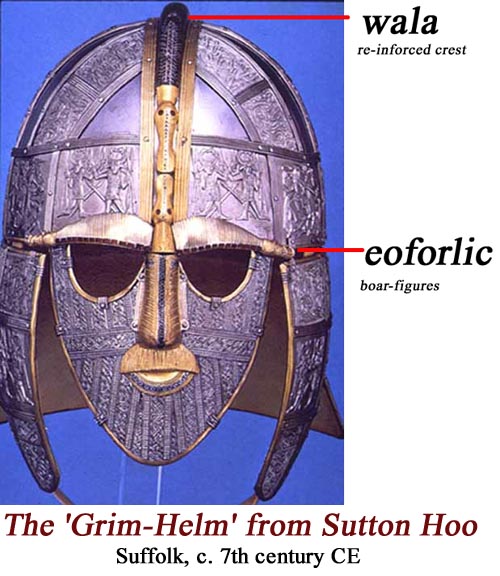**************************************************************************
“Omit needless words.” Professors
Strunk and White’s phrase has ruled my literary life since I was ten. Actually,
I was a slave to the Professors’ credo before I ever knew it existed. My
devotion to concision peaked in the second grade when I was told to write an
account of the Mayflower’s landing. My essay ran: On December 11, 1641 the
Pilgrims landed on Plymouth Rock. It was the worst day of their lives.”
Unfortunately, I was never again to attain the degree of brevity which caused
my teacher to remark, “Sarah” (named changed) does not have a lot to say for
herself.
But I do. I love English, and every
aspect of it, written and spoken, fascinates me. My ambition is for my writing
to be concise, yet at the same time sensitive and personal. My dilemma is that,
although I admire the pithiness of sharp prose, I cannot resist indulging
myself in the languorous luxury of multisyllabic verbiage. These indulgences
increase my vocabulary but obscure my writing.
Most of my writing is done to
satisfy the voracious appetites of my secondary school’s English and History
Departments. I enjoy these assignments because English is beautiful, and
writing it is gratifying. On my own, I dabble in poetry, playwriting, prose,
and puns. In all these forms, although my goal is the Search for Simplification,
I am constantly titillated and tempted into the use of a particularly pompous
part of speech. My unconventional vocabulary pleases me, although my inability
to pronounce most of it can be embarrassing. Moreover, these Baroque linguistic
forays run completely counter to the Puritan writing ethic I struggle to
attain.
The translation of my thoughts into
a form which may be shared is frightening. I am my perceptions. As my writing
becomes more precise these perceptions become more obvious. I hope that my love
of English will lead me to overcome my fear of personal rejection ad give me
the courage and skills necessary to achieve my goal: Less Is More.
*********************************************************************************
This essay, written by a high school student, demonstrates a
sophistication with words few achieve in a lifetime. Why?
The cliché about show don’t tell certainly shows up
here (pun intended). The essay itself is short,
relatively speaking, for a college essay. It therefore demonstrates that she
has taken her advice to heart.
More importantly, she has the ability to use words to
demonstrate she knows what she is doing. Actually, I would say she knows what
she is playing with. Words are tools (for philosophical backing of this, read Heidegger
and Wittgenstein) or toys. She has erected a model for all of us to admire.
For example, the sentence that begins “although I admire”
shows she has taken a trip down the two main tributaries that lead to the river
we call English: Latin and Anglo-Saxon.
The use of alliteration and hard single syllables and the
awareness of the oomph it takes to say the letter ‘p” makes this sentence start
in the ancient world that comes from Beowulf.
An Arrow from the
bow
of the Geat chief
got one of them
as he surged to
the surface: the seasoned shaft
stuck deep in his
flank and his freedom in the water
got less and
less. It was his last swim.
(Beowulf, l,
1432-1435, translation by Seamus Heaney)
Heaney makes the Anglo Saxon live again by using the hard
‘g’ sounds. The alliterative snake of the ‘s’ sounds help to tie the monster to
the biblical serpent too.
The second half of the student’s sentence places us in the
wandering mazes of the Latinate roots of English. She implies the labyrinth of
sonorous and mellifluous may be both misleading and ultimately threadless.
She has fun with the same ‘p’ sounds again and adds ‘t’
alliteration too to complete her Baroque artifice: “I am constantly titillated
and tempted into the use of a particularly pompous part of speech.”
This writer knows how to play with words and the result in a
wonderful and poetic essay. But it is more than an artistic triumph. Underneath
all the pyrotechnical skill there is the admission of vulnerability. The fear
of rejection is what drove one of our greatest poets, Dickinson, to hide in her
house for most of her life. The admission
of vulnerability is subtle and anything but self-promoting. Instead, she has
set herself on a course of creating exactly what she has, in fact, created. A
less is more essay that stands as an example to all of us that sometimes a few well chosen words say far more than an endless tome.






No comments:
Post a Comment